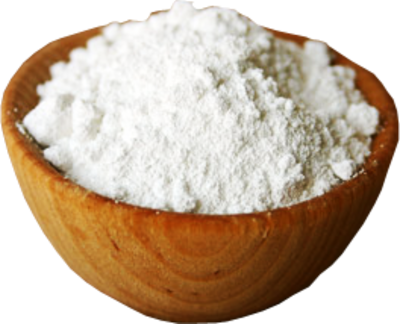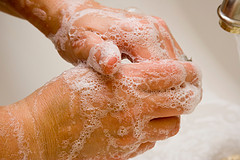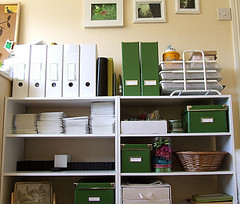Cleaning becomes a meditative practice when approached mindfully. Engaging fully in the cleaning process, paying attention to each movement and sensation, turns a seemingly mundane task into a moment of mindfulness. The repetitive actions of cleaning can induce a state of relaxation, reducing stress and promoting mental clarity. Certain cleaning tasks, like folding laundry or washing dishes, can be transformed into rituals for relaxation. By consciously engaging in these activities and appreciating the sensory experiences involved, we turn routine chores into moments of self-care. These rituals offer a mental break, allowing us to unwind and find solace in the simplicity of the task at hand.






